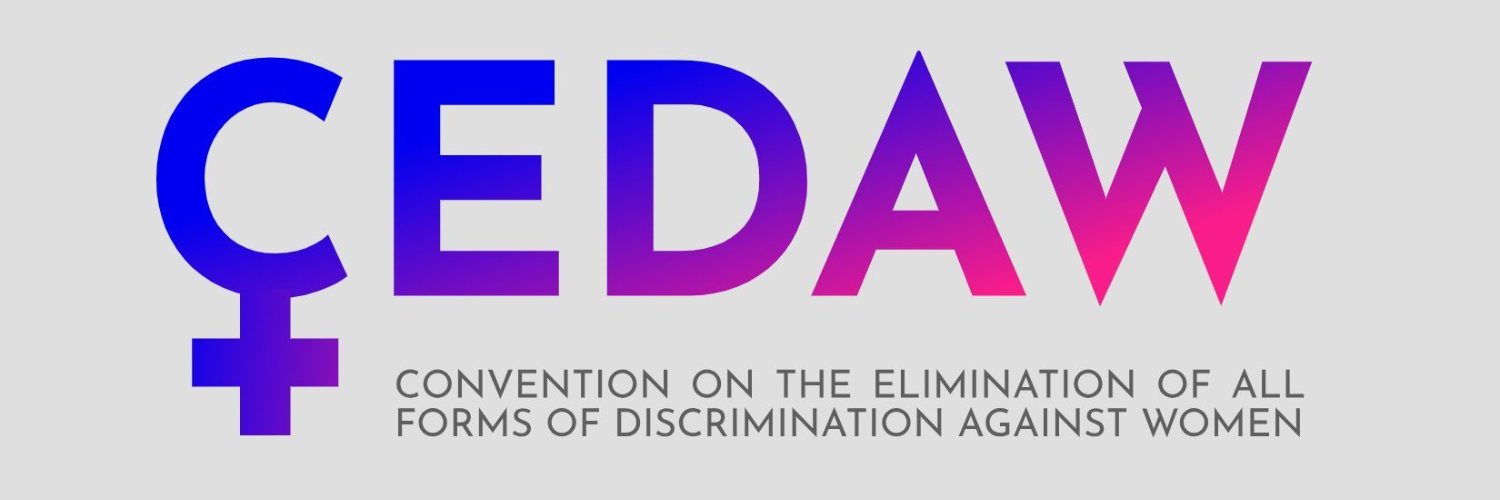WASHINGTON D.C., July 19 (C-Fam) So far this year, the UN women’s rights committee has pressured thirteen countries to liberalize their abortion laws. The committee also urged countries to define discrimination against women as including transgender-identifying persons and expand access to assisted reproductive technologies.
The committee told Singapore to “recognize the equal right of all women, including those in same-sex relationships and non-married women, to parenthood through assisted reproductive technology.” The notion of a “right to parenthood” by any means necessary could be seen as implying a right to access donor eggs, sperm, and even surrogate wombs. This raises concerns about the commodification of children and the exploitation of both male and female donors.
The Committee on the Elimination of Discrimination Against Women (CEDAW Committee) has met twice so far this year, reviewing eight countries in each session. It is a treaty monitoring body that oversees compliance with the UN human rights treaty on the same subject. The CEDAW treaty was adopted in 1979 by the General Assembly, and it contains no mention of abortion or homosexuality, which remain highly controversial topics in UN negotiations.
Beginning in the late 1990s, the committee began explicitly ordering countries that have ratified the treaty to liberalize their abortion laws. Since then, the pressure has only increased. In its most recent session, the committee told Brazil to “legalize abortion, decriminalize it in all cases,” and remove barriers to access, including conscientious objection by health care providers. Kuwait was told to remove the requirements for approval by a committee of doctors and consent from the father. Rwanda was ordered to recruit and train more abortion providers and reduce the societal stigma around abortion.
While the committee’s attention to abortion overwhelmingly focuses on decriminalization, legalization, and increasing access, it also urges countries to avoid sex-selective and forced abortion, as well as its use as a method of family planning. The committee told Montenegro to “carry out awareness-raising for the general public and health professionals on the negative impact and criminal nature of sex-selective abortions.”
On the issue of transgenderism, the CEDAW Committee told Malaysia to explicitly prohibit discrimination on the basis of sexual orientation and gender identity and include these elements in a “comprehensive definition of discrimination against women.” Estonia was told to provide “adequate access to a consent-based gender-affirming health-care system free from discrimination and stigmatization” and Italy was urged to “promote the use of gender-sensitive language in the media, including by holding social media platforms accountable for user-generated content.”
At its next session, which will occur in October, the committee’s taskforce on “gender and sex self-identification” will present a report on issues relating to “this quickly evolving area.” As part of its work, the taskforce held an informal online meeting with the UN’s special rapporteur on the causes and consequences of violence against women, who expressed concern about the “risk of sex-based rights and language being erased.”
The rapporteur, Reem Alsalem, has used her reports to express concern about the impact of transgenderism on women’s rights. Alsalem had previously published a position paper on the definition of “woman” in international human rights treaties, arguing that the biological definition of sex remains key to ensuring women’s rights and drawing on prior work by the CEDAW Committee. It remains to be seen what position the Committee will take in its future work on this highly contentious issue.
View online at: https://c-fam.org/friday_fax/un-experts-renew-country-pressure-on-abortion-and-trans/
© 2026 C-Fam (Center for Family & Human Rights).
Permission granted for unlimited use. Credit required.
www.c-fam.org









